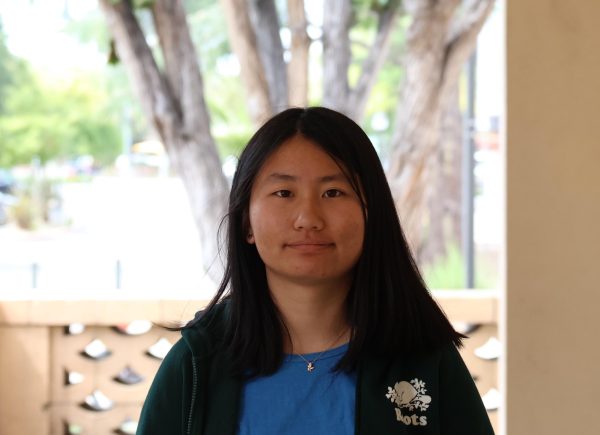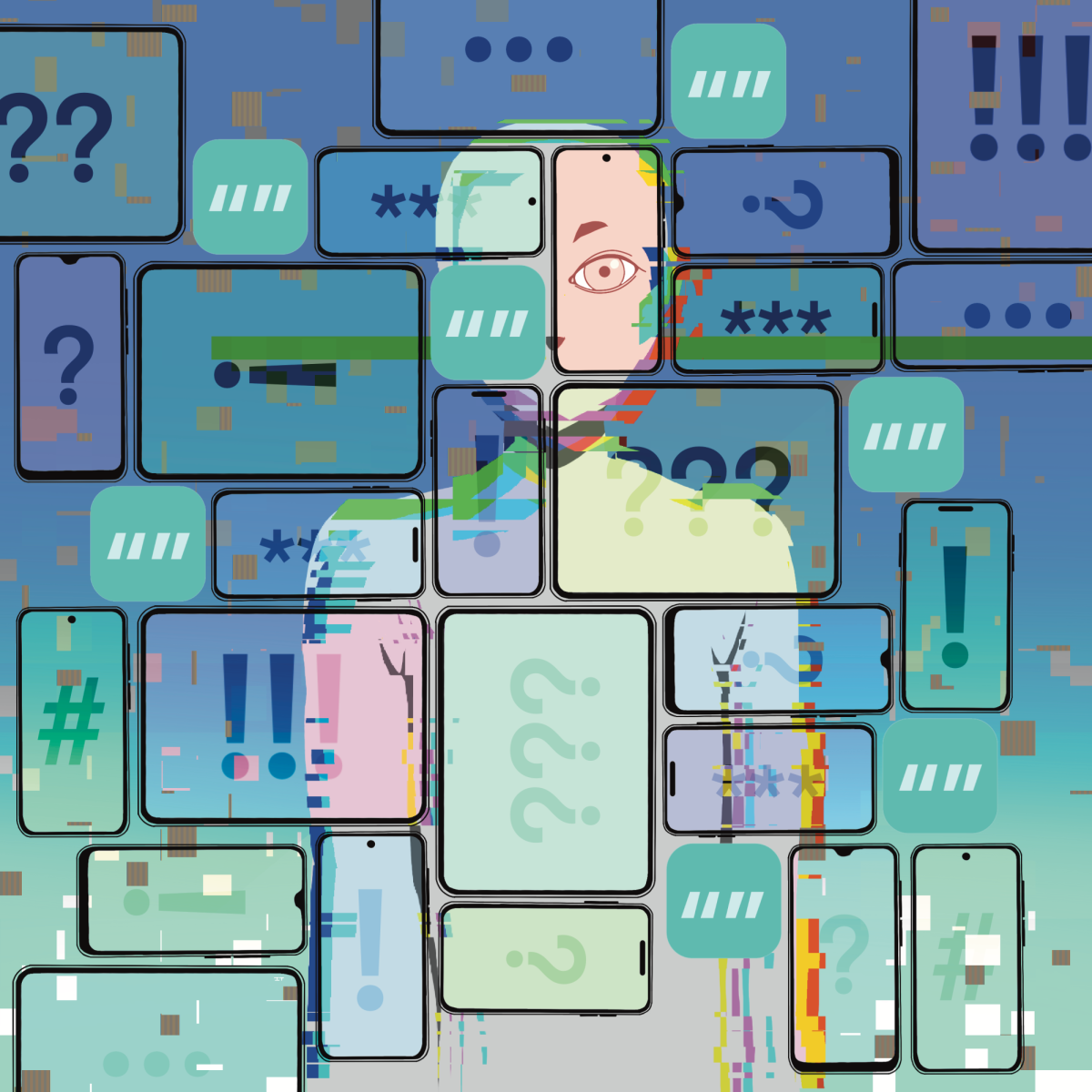Alarmed by the widespread misinformation in today’s media, Gavin Newsom passed Bill 873 on Oct 13, requiring schools to revise curricula to implement media literacy education across English, math and science. This bill went into effect on Jan 1, 2024.
Paly alum Jasper McEvoy said the media plays a crucial role in people’s lives.
“We’re all online more than ever before in critical parts of our lives,” McEvoy said. “Our communities and [part of] our democracy happen online.”
However, recent studies indicate a lack of media literacy among the population.
A 2016 Stanford study concluded that 82% of students mistook an advertisement as a news story, and the United Nations found that 17% of TikTok posts either misconstrued the Holocaust or denied it entirely.
Journalism teacher Paul Kandell said more questionable claims often had more political controversy, making it difficult for teachers to discuss.
“[The claims are] so often political that I’m sure teachers are loath to bring up important sourcing in an English class or even a social studies class because they don’t want to get into the politics,” Kandell said. “It’s too scary. But there are politicians out there whose statements need scrutiny.”
Librarian Sima Thomas said while media literacy was already implemented in the Paly curriculum, a majority of students could benefit from a greater focus on the subject.
“Many students could benefit from more specific and thoughtful language around how to talk about their evaluation (of media) so that it’s not just a gut feeling,” Thomas said.
Thomas said the need for the ability to accurately pinpoint and articulate misinformation in media is exacerbated by the rise of artificial intelligence.
“As we move forward with AI, social media and the images we get, it’s going to become harder and harder (to discern reality) because fake things are going to look better and better,” Thomas said.
McEvoy said critical thinking skills are the core skills of media literacy.
“We really want to teach people core critical thinking skills,” McEvoy said. “Being aware and making smart decisions, carefully reading things and understanding the consequences of not asking smart questions or not analyzing information you find.”
However, since the bill does not call for a specific plan or curricula to be used across the school systems, media literacy implementation is currently unclear. Kandell said there are many different ways media literacy could be more integrated. He believes journalism programs are a successful example of literacy because the courses force students to stake their names on the truth of their story.
“Journalism education is the best tool for media literacy development,” Kandell said. “We just can’t do journalism education to the vast scale that we need to use for the global media literacy campaign that our democracy and society needs.”
Thomas said she believes media literacy education could be embedded into existing assignments like projects.
Recently, she worked with a physics teacher who is making his students experiment with electromagnetism to test the validity of tinfoil hat conspiracy theories.
“They’re getting the chance to actually (find) any authoritative evidence that suggests that cell phones are dangerous and under what circumstances,” Thomas said. “They’re doing writing, reading and source evaluation, and part of the assignment is actually going in and using criteria to evaluate the sources and explain why the sources they’ve used are reliable.”
McEvoy said he has been working on a video game named Agents of Influence that teaches media literacy to children in an interactive manner.
“It’s a story driven game,” McEvoy said. “It’s constructed so the episodes are designed to take place within one classroom period. And it’s designed to cover a particular media literacy topic while furthering your planning on core critical thinking skills.”
McEvoy said he encourages students to pause and think about nuances in works of media.
“Interpret the research you do and think before posting or sharing something,” McEvoy said. “Understand that with your ability to reach people online, you have (the) responsibility to understand what you’re sharing and where it came from.”
Required Media Literacy Bill to Change Paly Curricula
Story continues below advertisement
0
Donate to The Campanile
$250
$1000
Contributed
Our Goal
Your donation will support the student journalists of Palo Alto High School's newspaper
About the Contributor

Lea Kwan, Staff Writer



